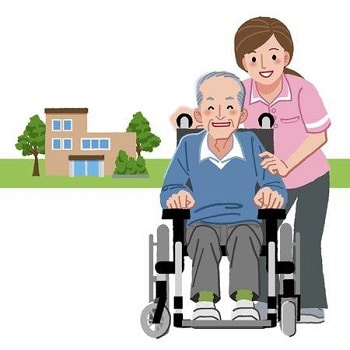 In 1985 older adults accounted for 11% of the U.S. population. By the year 2030, that number is expected to rise to 20%. Today, there are more than 46 million Americans over the age of 65, and by the year 2060, that number will more than double to more than 98 million and the elderly will comprise of nearly one in four U.S. residents.
In 1985 older adults accounted for 11% of the U.S. population. By the year 2030, that number is expected to rise to 20%. Today, there are more than 46 million Americans over the age of 65, and by the year 2060, that number will more than double to more than 98 million and the elderly will comprise of nearly one in four U.S. residents.
The statistics alone confirm the importance of health care services for the elderly. Whether it’s nursing homes, hospice care or home care, the need for these services will increase substantially over time. As a home care provider, it is up to you to convince potential clients, and their families, that home care is the best option and your services are better than your competitors.
After more than seventeen years of working in the home care industry, I have learned what potential clients, as well as their families, want to hear the services you provide in order to make the best decision for themselves. Here are three advantages I have discovered to be most important when choosing one home care provider over another.
- First thing: Independence. In many cases, independence is one aspect of life that a potential client can control. Home care allows individual the ability to maintain their regular schedules and routines, and the choice of when to eat, sleep and bathe. Independence is an important luxury to someone who feels as if they’ve lost control of everything in their life. Ensuring your potential client that home care will allow them to maintain their independence can significantly increase their interest in your services.
- Second thing: Cost. Perhaps one of the most beneficial reasons for a client to choose home care is it costs significantly less than other forms of care. Many people over the age of 65 live on a fixed income, and with the cost of living and healthcare steadily increasing, saving money might be crucial for them and their families.
- Third thing: Health. The risks for contracting a sickness or an infection while in hospital or nursing home environments are significantly reduced when choosing home care instead. With in-home care, the client is allowed to receive medical and personal care in the comforts of their own home. These options might increase the chances of the potential client and their family members choosing to use your home care services as opposed to alternative services.
One important thing to remember is to take advantage of the fact that the pros of choosing home care can outweigh the cons. You just have to know what services your potential clients feel are most important. In my experience, the three aforementioned concerns are most desirable.